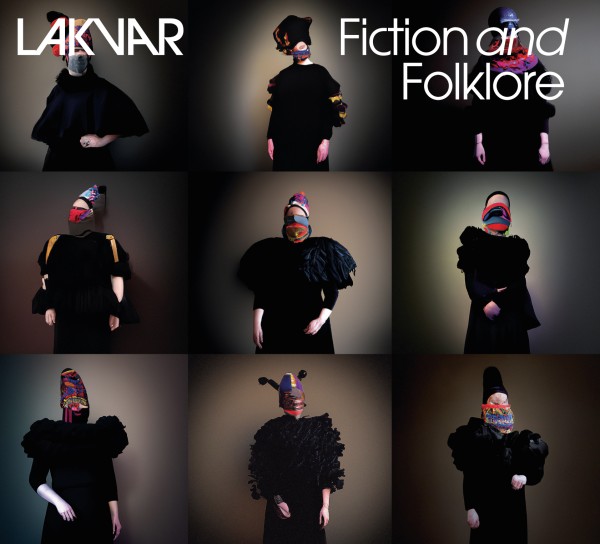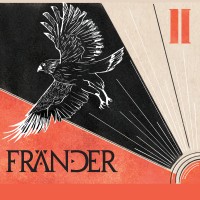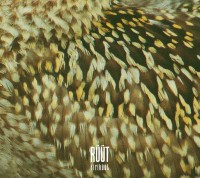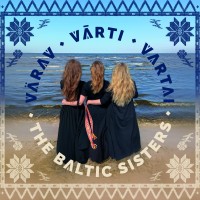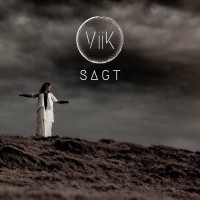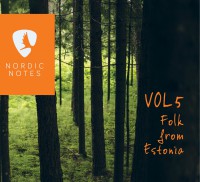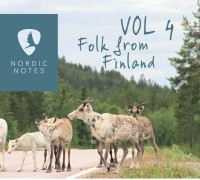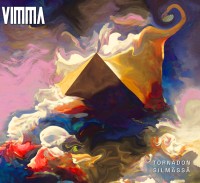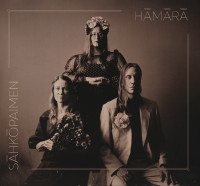- Artikel-Nr.: CPL067
LAKVAR - Contemporary Folk Music from Eastern Europe and the Caucasus:
“Hajnalka Péter from Lakvar fearlessly embarks on her journey, and her voice is like the sack full of gold in a fairy tale, its contents infinite” - Kincses Réka, Film director (full statement see last page of this press release)
LAKVAR present their new album, "Fiction and Folklore," following their successful debut album, "Sabotage and Tradition." In "Fiction and Folklore", LAKVAR masterfully capture the deeply rooted essence of folklore and fuse it with a dose of fiction. The album represents a journey born of a complex identity, that extends through the nebulous origins of the Balkans, the Caucasus, and Central Europe, deep into the roots of the Earth.
LAKVAR combine infectious melodies, hypnotic arrangements, poignant lyrics, and memories of a homeland that may have never existed, to create a captivating album.
LAKVAR were very pleased to feature on the album renowned guest musicians: Hungarian tambura virtuoso Áron Eredics (Söndörgö) and Hungarian percussion maestro Kornél Mogyoró (five-time recipient of the Percussionist of the Year award in Hungary).
LAKVAR is not a band that can be confined to predefined "transcultural" categories; they create their own musical identity beyond conventional boundaries. Their bold, genre-defying sound and absolute self-determination reflect their determination to realize their vision that in music, there are no boundaries, only the freedom to achieve the impossible.
About LAKVAR ‘Fiction and Folklore’:
“They are all rebels, people who question authority, who do not tolerate being patronised. Proud Central Europe meets the infamous Balkans, meets the Caucasus, attracting and repelling each other, for all eternity. They refuse to accept their shared fate, never quite belonging to Europe and always standing on the edge. A half-continent crashing on its journey. That is Eastern Europe. The Caucasus. We no longer know for sure when and where. Maybe it was in Austria, or elsewhere, west of the Carpathians. In a sharp, dangerous curve, a plunge into the abyss. Those who leave their homeland are doomed to suffer endlessly. Those who leave their homeland are free. The expulsion from paradise is the beginning of history. Before that, there is nothing to tell. ‘Aki Dudás akar lenni, pokolra kell annak menni’. Even in hell, one can feel at home. Experiences become ingrained in flesh and blood, passed down through generations. Folklore is an intergenerational experience. Homeland is merely a construct. We think it, we piece it together in our minds. Nothing exists outside of the moment. Everything we think is fiction. Fate catches up with us at bus stops, at ATMs, on the first date, at the funeral of parents, while warming milk, in the evening at the theatre dressing room. Everywhere. Saying yes to fate. The abyss is a beautiful place, warm winds blow in it, entrails and hearts swirl through the air. Death makes the earth fertile. Folklore is not a form but a door to the infinite in front of me, behind me, below me, above me. There is no homeland, no security, no eternal happy love. Christmas trees are eaten by elephants. Folklore is the opposite of kitsch. It is the dedication to life with all its pain and without trigger warnings. Hungarian. Bulgarian. Georgian. Everything. ‘I cut my finger, but it doesn't hurt.’ We are shaken and stirred to tears, which, already overripe, fall from our eyes. Tears are real. And so is laughter.”
Text by Kincses Réka, Film Director




